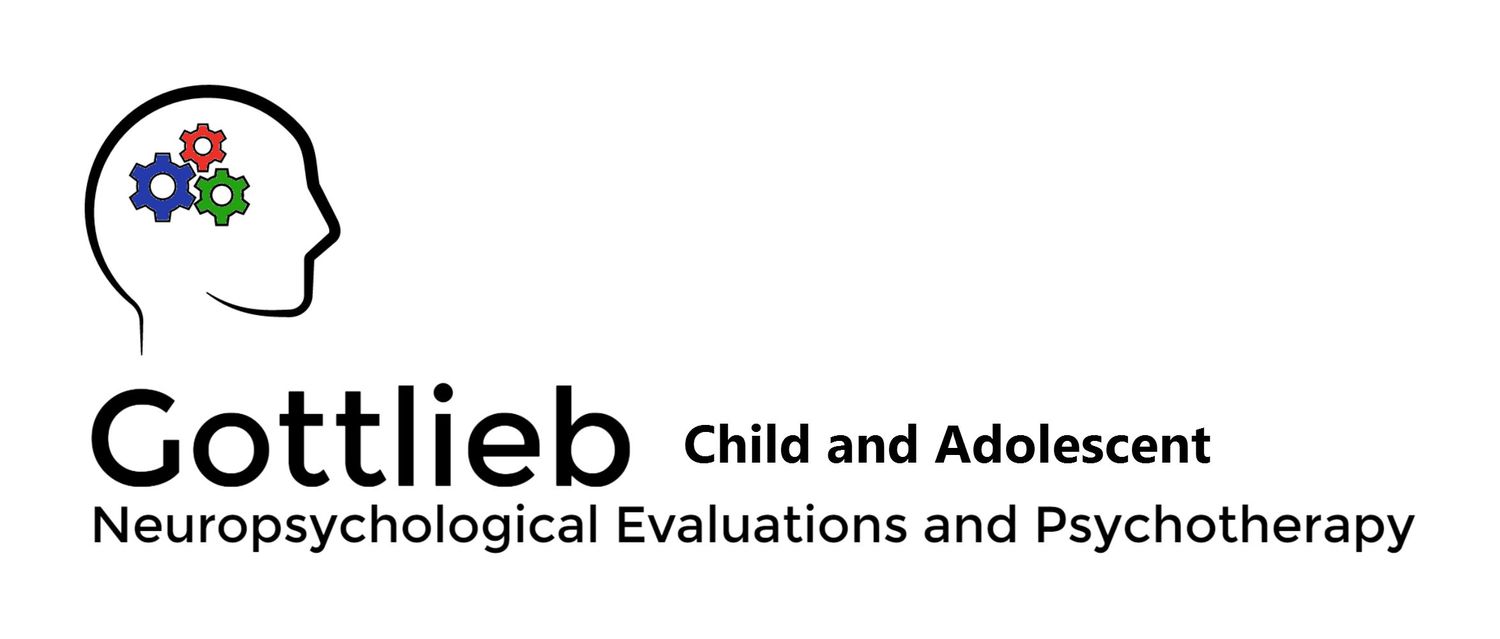Understanding Adolescent Anxiety
/When to seek professional help
As a clinical psychologist who specializes in therapy services for children and adolescents, I see a number of teens and preteens who are experiencing anxiety and depression. Google “rise in adolescent anxiety,” and you’ll discover that the mainstream media has been raising the alarm for the past decade about the fact that American teens are more anxious than ever. In fact, it seems like it’s almost “trendy” for teens to talk about their “anxiety” and “stress.”
But what does it really mean for someone to suffer from anxiety? What are some of the symptoms that parents should monitor? Most importantly, when should you seek professional help for your preteen or adolescent?
Let’s start by looking at some statistics. According to a 2016 article in Psychology Today, 25% of 13 to 18-year-olds have mild to moderate anxiety; 5.9% have severe anxiety. Girls are more likely than boys to be diagnosed with an anxiety disorder, and the median age of onset is 11-years-old.
Anxiety is often related to depression. A study published in the Journal of Pediatrics in 2016 found that the prevalence of teens who reported a major depressive episode (characterized by a period of two weeks of significant depressive symptoms that interfere with one’s daily functioning) jumped from 8.7% in 2005 to 11.5% in 2014. However, despite the rise in teen depression, the study, which analyzed data from the National Survey on Drug Use and Health, reported that there hasn’t been a corresponding increase in mental health treatment for adolescents and young adults. That’s concerning because it means there are a growing number of young people who are being identified as having symptoms of anxiety and depression, yet they are not being treated. According to the Department of Health and Human Services, more than two million adolescents aged 12-17 reported severe depression that impeded their daily functioning. In fact, the American Academy of Pediatrics now recommends depression screening for all young people ages 11 through 21.
While many individuals experience periods of increased stress, an anxiety disorder entails excessive worry (disproportionate to the situation) that interferes with daily living. Reasons for increased anxiety include social difficulties which can be exacerbated by social media; societal and parental pressures; media fears related to violence, terrorism, and safety; bullying (including cyber bullying); and school pressures such as over-commitment between school, sports, social life and family obligations.
As a parent, it is important to be aware of the signs and symptoms that your teen may be suffering from an anxiety disorder. These may include restlessness or feeling on edge, fatigue, irritability, constant worry, avoidant behavior, poor concentration, difficulty sleeping, muscle tension, upset stomach, and shortness of breath.
If you think your teen or preteen is experiencing anxiety and/or depression, I highly recommend considering therapy now rather than waiting for the symptoms to worsen. Over time, untreated symptoms of anxiety and depression can lead to secondary challenges, including poor school performance, withdrawal from friendships, loss of interest in extra curricular activities, substance abuse, psychosomatic illness, and low self-esteem.
I have significant experience working with preteens and adolescents experiencing anxiety and depression. My work often includes consultation with schools and other mental health and educational professionals. I use an integrative approach in therapy, utilizing a combination of cognitive behavioral therapy (CBT) and family systems methods. Treatment goals are discussed with both your child and your family to develop a plan with the individual adolescent’s needs in mind. For more information, please contact me at 703-825-0502 to learn more about therapy services for your preteen or adolescent.
Shira Gottlieb, Psy.D., Licensed Clinical Psychologist
Dr. Gottlieb is a licensed clinical psychologist. She received her B.A. in psychology, with a minor in neurobiology, from Harvard University, and her Psy.D. from the George Washington University. Dr. Gottlieb utilizes an integrative approach to therapy, incorporating both CBT and Family Systems techniques. Treatment goals are discussed with the child/adolescent and family, and are developed with the individual child's needs in mind. For more information on Dr. Gottlieb please visit her website at http://www.gottliebchildpsych.com/


